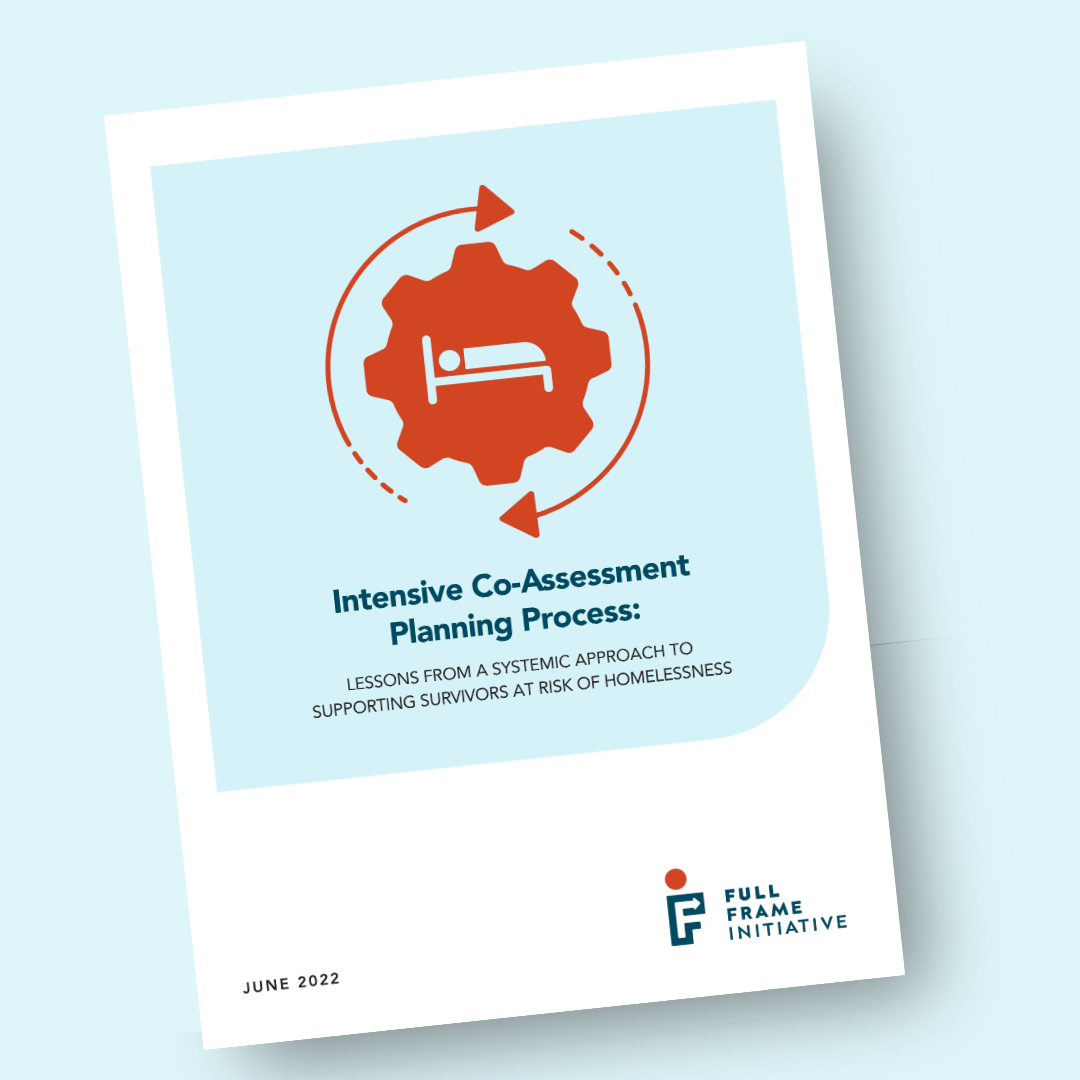
Key learnings from the Intensive Co-Assessment Planning Process (ICAPP) pilot project to address how interagency policies and practices could improve the government's response to the needs of survivors at the intersection of homelessness and sexual and domestic violence.

FFI partnered with St. Louis to launch the 'Kids Deserve Wellbeing' framework, uniting child welfare systems, communities, and families around a shared vision for children's wellbeing.
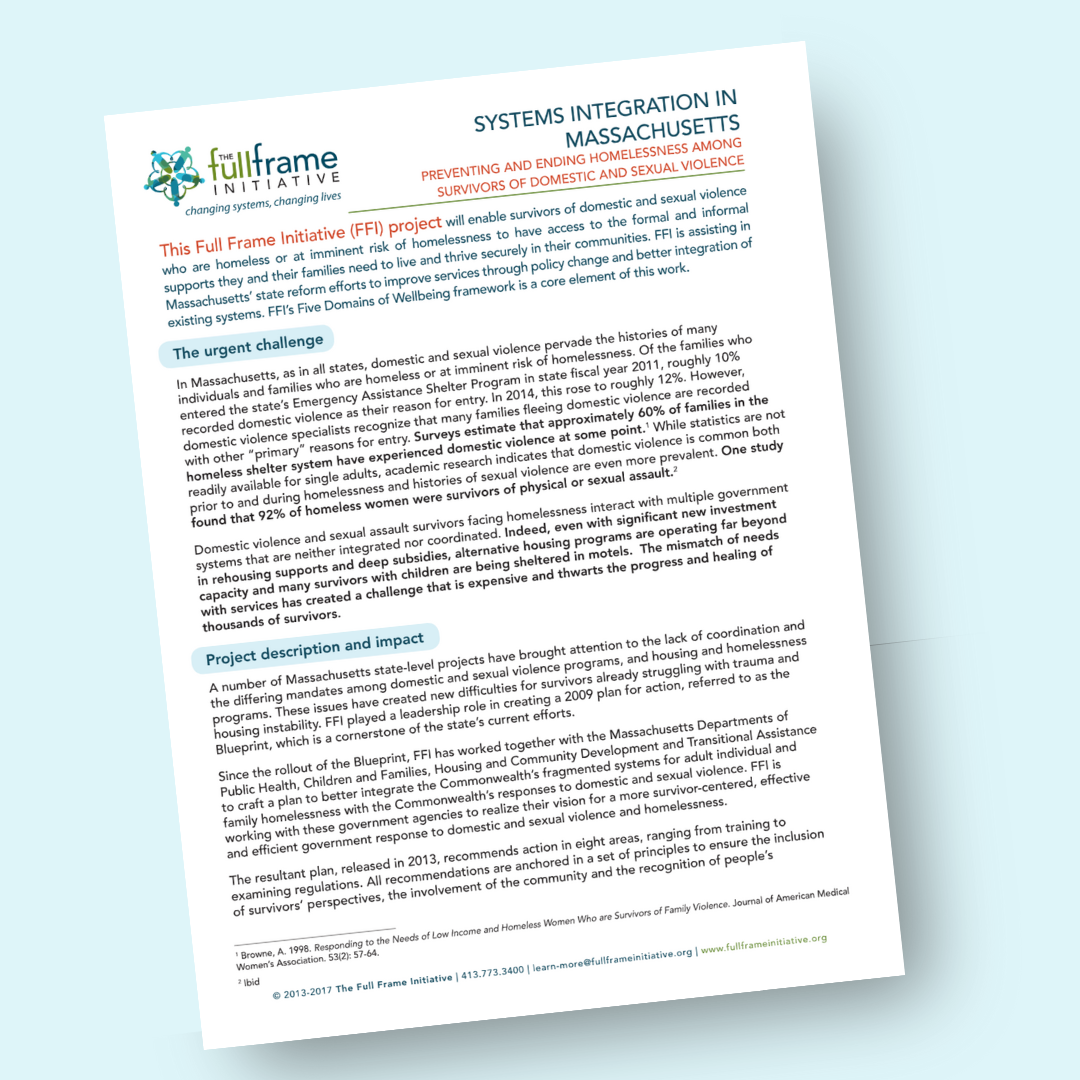
FFI assisted Massachusetts' state reform efforts to improve services to survivors of domestic and sexual violence who also faced homelessness or imminent risk of homelessness and their access to wellbeing.

FFI partnered with Lutheran Social Services of New England to create tools that support integration of wellbeing design at the individual level.

Two articles in the New York Times highlight FFI's wellbeing framework as a holistic approach to solving problems addressed through government systems like homelessness and domestic violence.
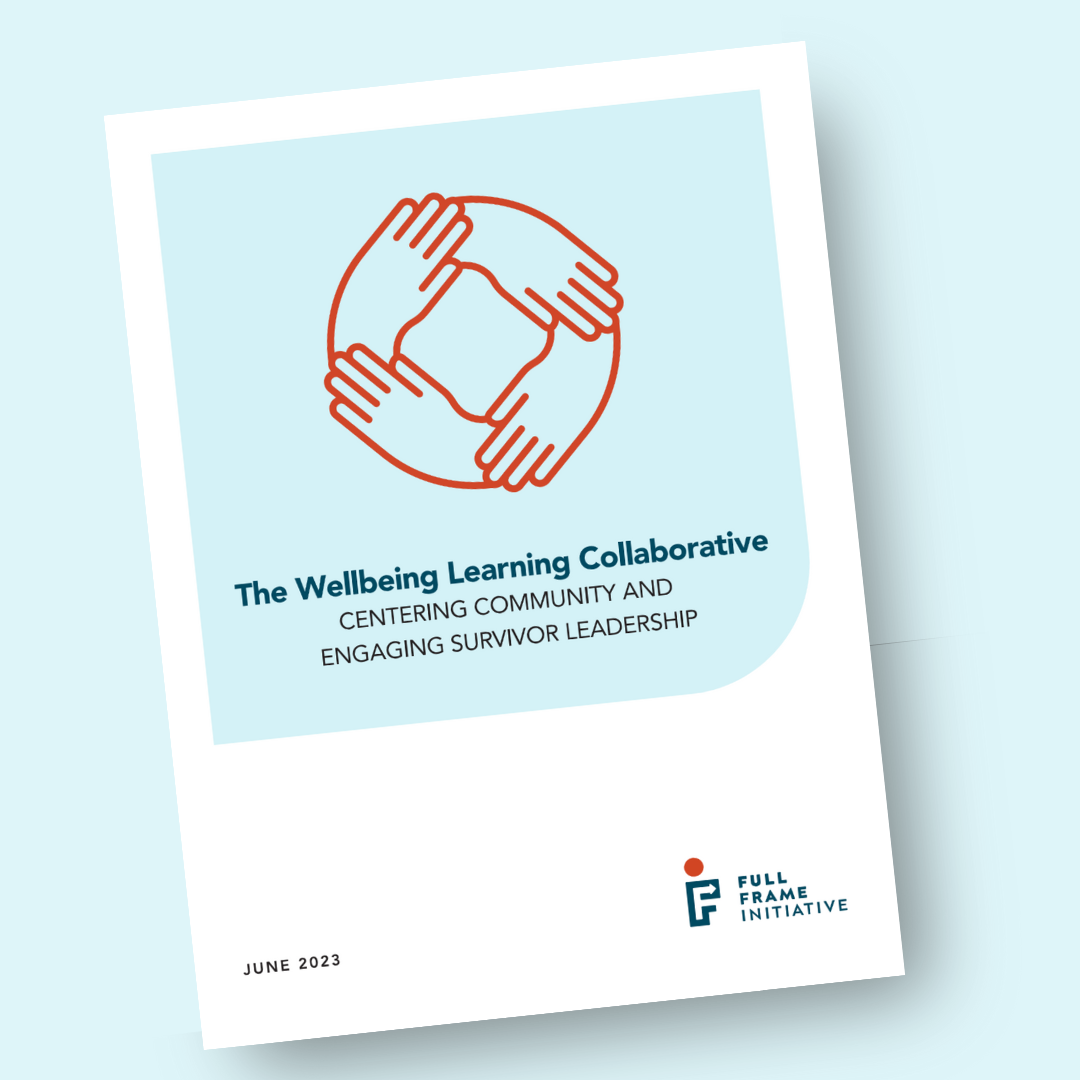
A group of organizations working in domestic violence in Massachusetts contributed to this report on centering community and engagement survivor leadership as a way to support access to wellbeing.
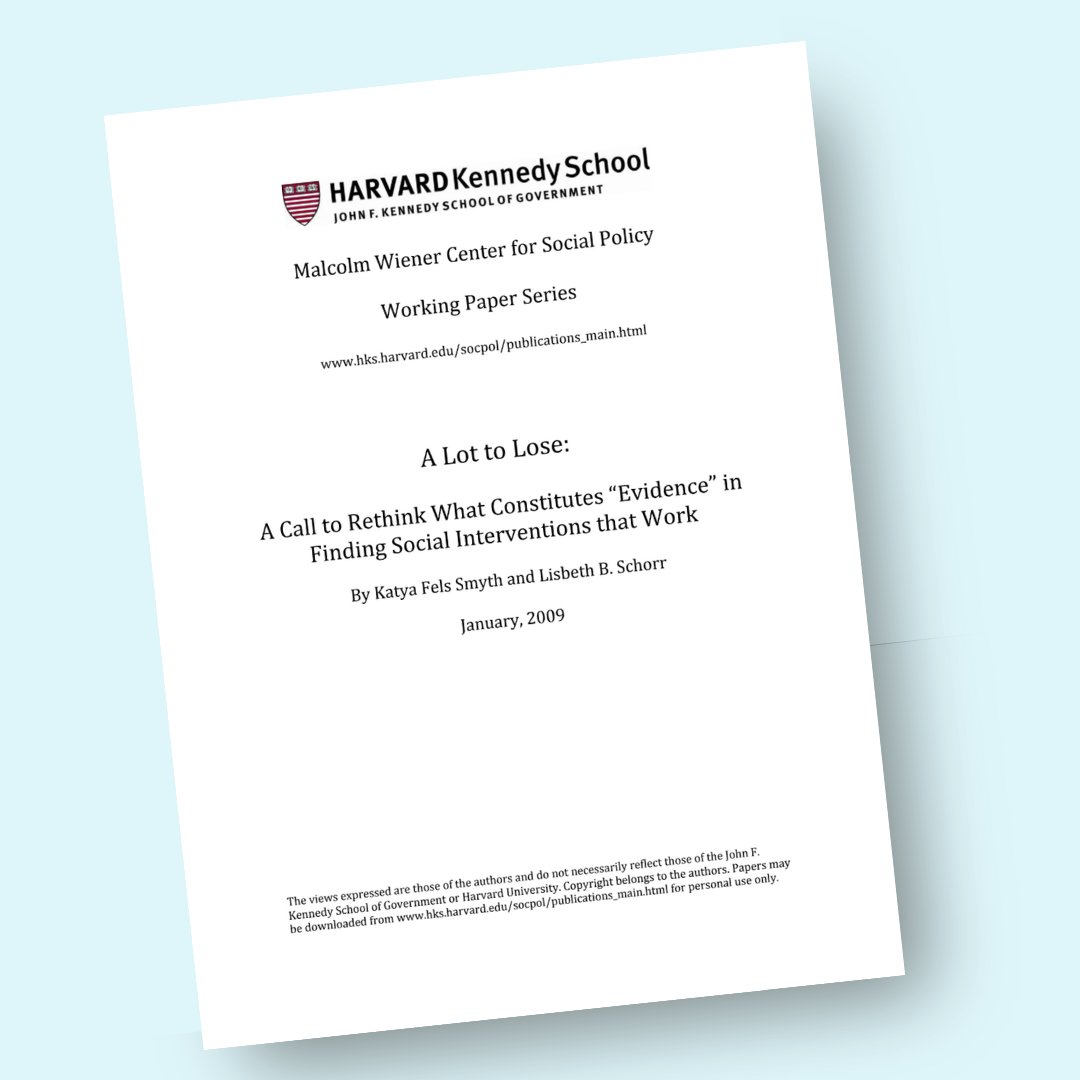
This working paper critiques the over-reliance on evidence-based models in social policy and presents alternative approaches to avoid potential harm.
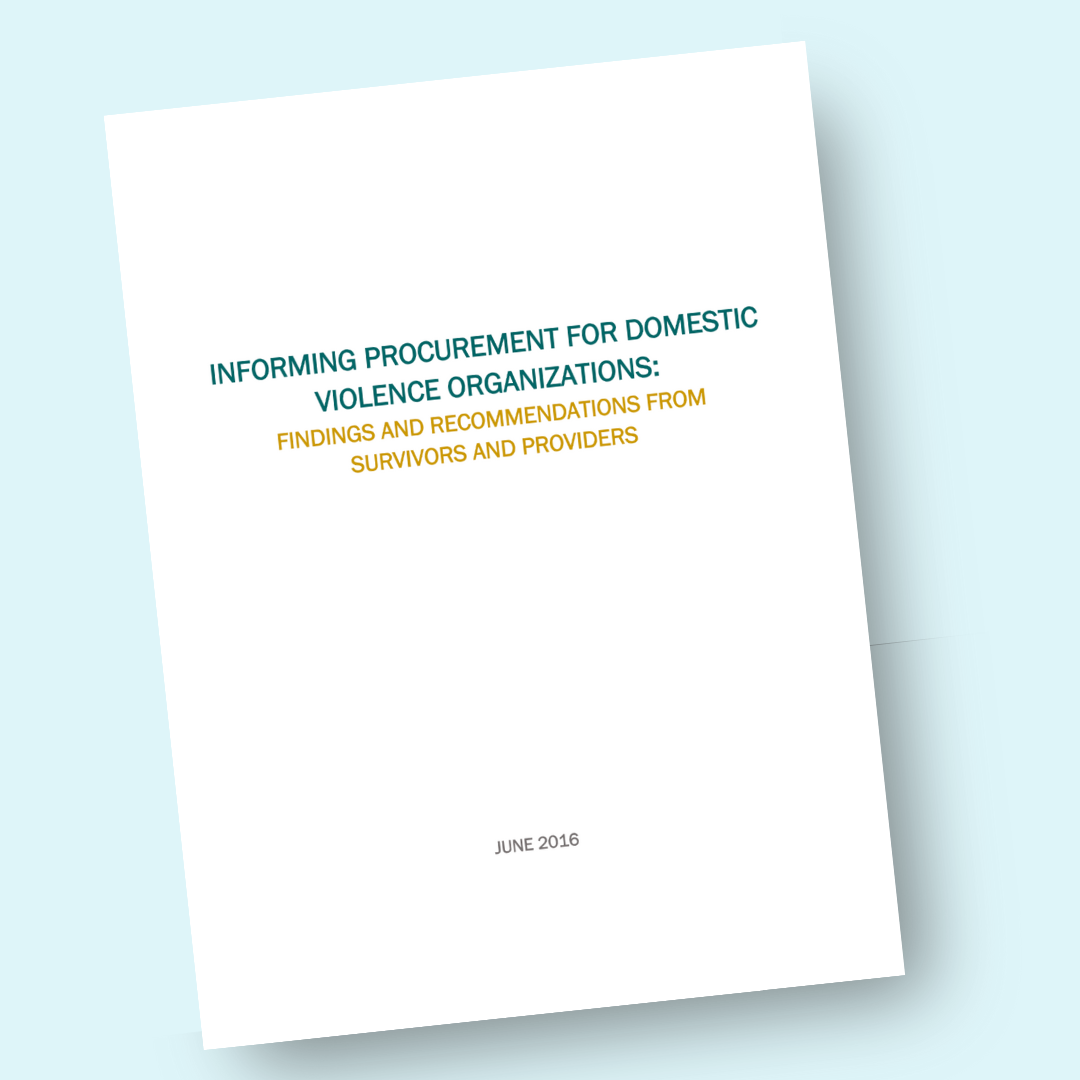
This is a report commissioned by Massachusetts Department of Children and Families that details findings and recommendations from survivors and providers to address changes in procurement for agencies addressing domestic violence and sexual assault.
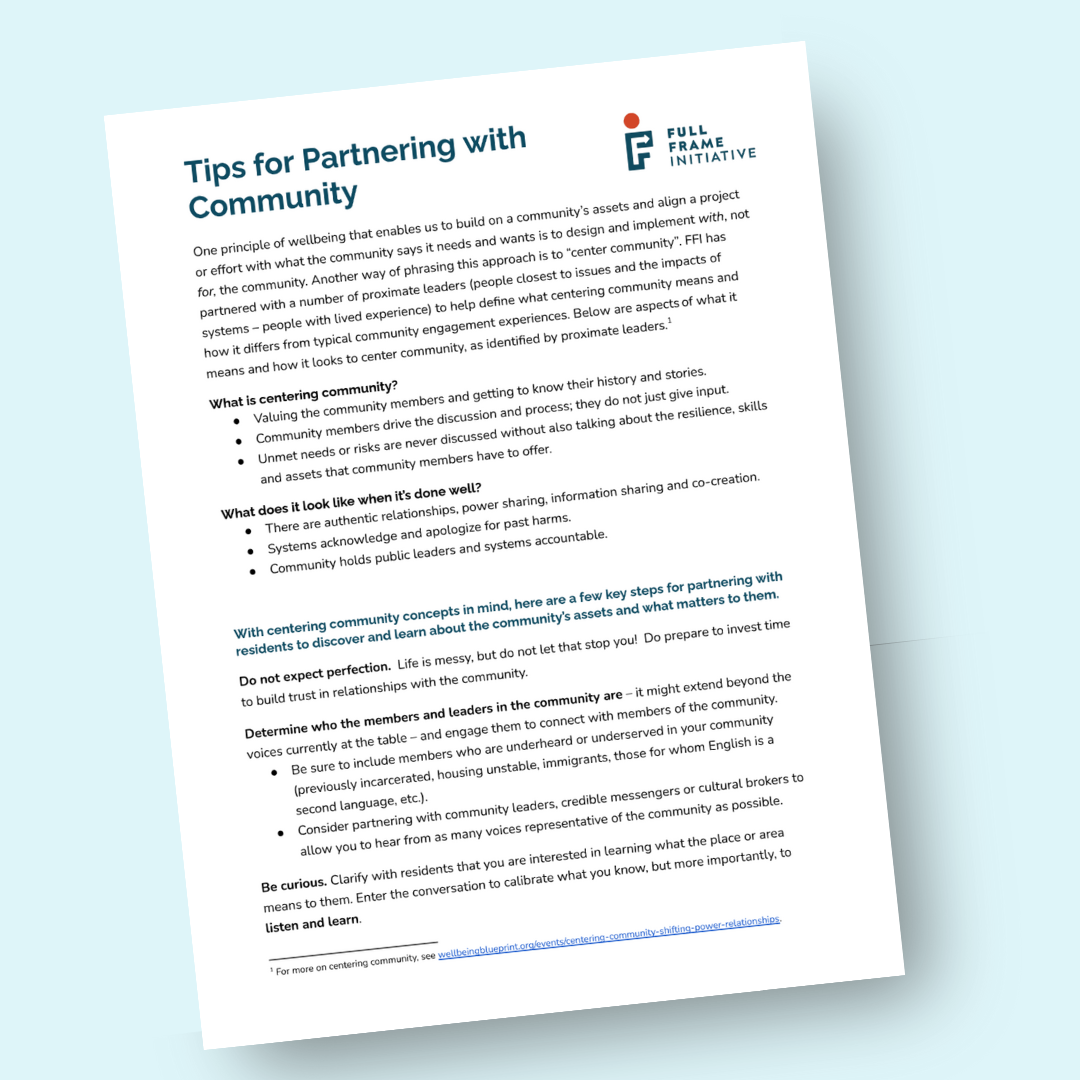
This document offers tips for centering community in decision-making through deeper, more meaningful partnerships beyond traditional engagement methods.

This worksheet helps users assess how their identity and other factors influence their wellbeing across the Five Domains, guiding the design of wellbeing-centered solutions.

This example highlights how the City of New London integrated wellbeing into its procurement process to promote equity through RFPs.
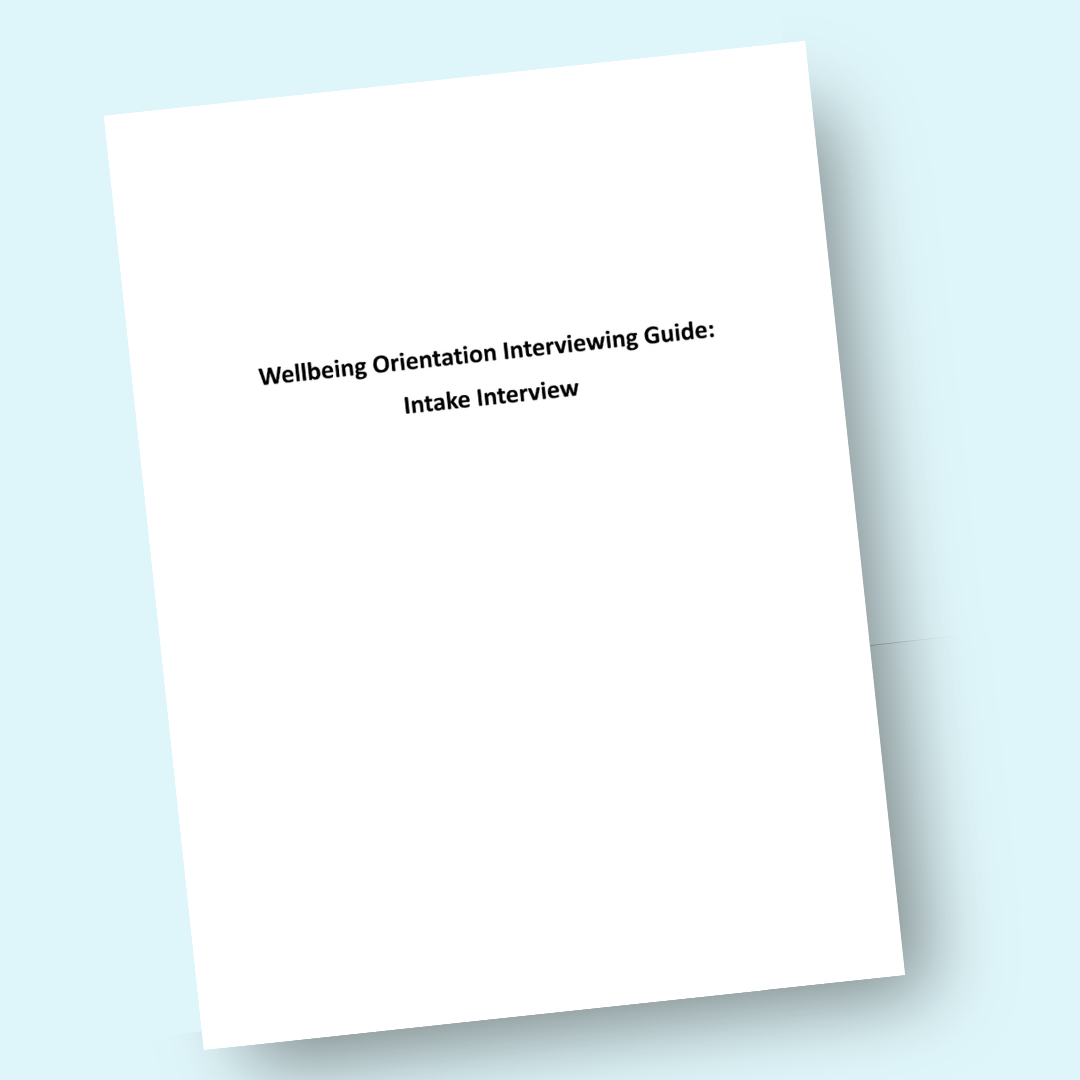
This guide offers conversational intake questions to uncover a fuller picture of individuals' wellbeing assets and tradeoffs, moving beyond a traditional Q&A approach.